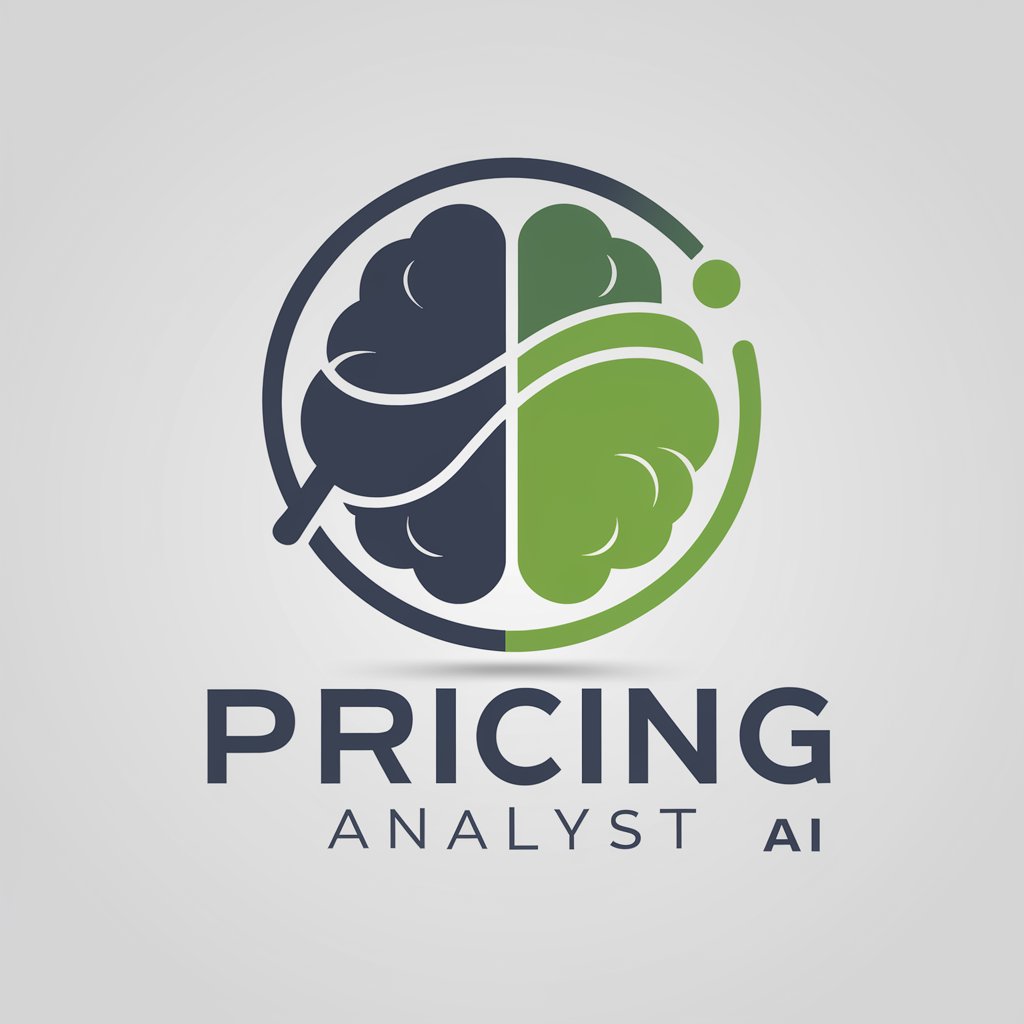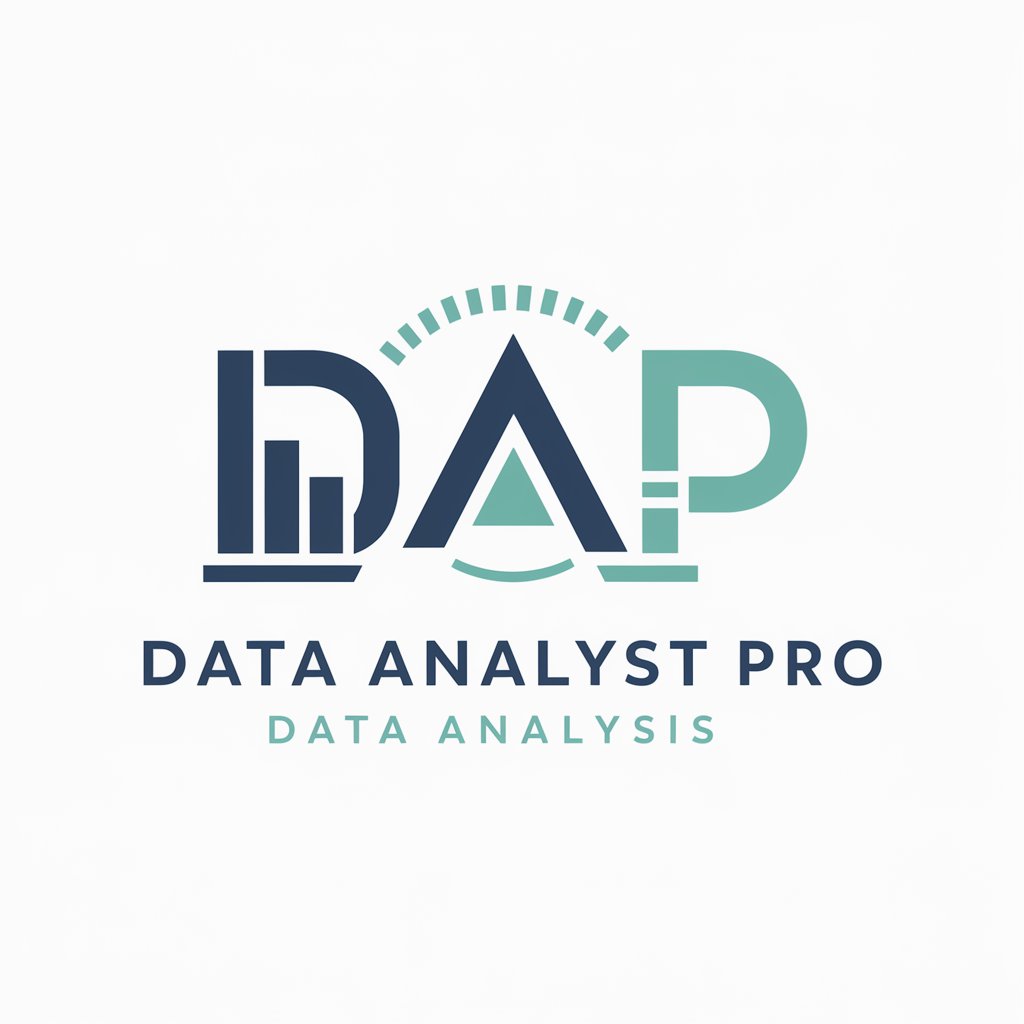
Value Analyst - Financial and Social Analysis

Welcome to your investment insight hub!
Insightful Analysis, AI-Powered Precision
Analyze the financial stability of...
Evaluate the competitive advantages of...
Assess the long-term growth potential of...
Discuss the impact of recent market trends on...
Get Embed Code
Introduction to Value Analyst
Value Analyst is a specialized AI model designed to provide insights into financial stability, business operations, and the dynamics of social groups, incorporating principles such as Dunbar's number and regression towards the mean. This model is adept at analyzing complex data to identify trends, forecast potential outcomes, and offer realistic expectations by tempering extraordinary predictions with a statistical understanding that extreme outcomes tend to revert to average levels over time. For example, in examining a startup's rapid growth, Value Analyst would evaluate whether the growth is sustainable by comparing it with industry averages and historical data, highlighting potential risks and opportunities. Powered by ChatGPT-4o。

Main Functions of Value Analyst
Financial Stability Analysis
Example
Evaluating a company's balance sheet and income statements to assess its solvency, liquidity, and long-term viability.
Scenario
A venture capitalist considering an investment in a tech startup uses Value Analyst to understand the startup's financial health and the sustainability of its growth.
Business Operations Assessment
Example
Analyzing operational efficiency, market positioning, and competitive advantages of a business.
Scenario
A business owner uses Value Analyst to identify areas of operational inefficiency and to benchmark their business against competitors in the industry.
Social Group Dynamics Analysis
Example
Applying Dunbar's number to evaluate the effectiveness of communication and community engagement within large organizations.
Scenario
An HR manager uses Value Analyst to assess the impact of company size on employee engagement and internal communication, aiming to improve team cohesion.
Regression Towards the Mean Analysis
Example
Interpreting data trends to forecast potential reversion to mean for outliers in financial markets, weather conditions, or academic performance.
Scenario
A financial analyst uses Value Analyst to temper expectations around an unprecedented stock market rally, advising clients on potential risks.
Ideal Users of Value Analyst Services
Financial Analysts and Investors
These users benefit from Value Analyst's ability to assess financial stability and predict market trends, helping them make informed investment decisions.
Business Owners and Entrepreneurs
They utilize Value Analyst to understand their competitive position, operational efficiency, and financial health, aiding in strategic planning and risk management.
HR Managers and Organizational Developers
These professionals use Value Analyst to examine social group dynamics within their organizations, enhancing communication strategies and employee engagement.
Educators and Academic Researchers
They can leverage Value Analyst to analyze trends in academic performance, applying the principle of regression towards the mean to predict future outcomes.

Guide to Using Value Analyst
Step 1
Visit yeschat.ai for a free trial without login, also no need for ChatGPT Plus.
Step 2
Choose the Value Analyst model from the available options to ensure analysis tailored to financial stability and business operations.
Step 3
Input your data or query related to business trends, financial markets, or social group dynamics for precise, context-aware insights.
Step 4
Utilize the feedback from Value Analyst, applying the concept of regression towards the mean for a balanced perspective on data and forecasts.
Step 5
Regularly consult Value Analyst for updated analyses, leveraging its continuous learning capability for the most accurate and relevant advice.
Try other advanced and practical GPTs
Application Ace
Crafting Your Authentic College Essays with AI

Tree of Thoughts Image Generator
Empowering Creativity with AI

暴躁老方的咨询室(UI、交互、产品)
AI-Powered Design and Product Strategy

Roast Me
Where AI Meets Wit

Cannabiz Legalization News Scripts
AI-powered Cannabis Legislation Insights

Finanzas Claro Global
Empowering Finance with AI Intelligence

Enzikiriza ya Buddha
Insightful AI-Powered Buddhist Companion

AI Golf Caddy
Elevate Your Game with AI

从零开始学西班牙语
AI-Powered Spanish Learning at Your Fingertips

Road Work
Illuminating Roadwork with AI

우체국금융개발원 현직자
Navigate 우체국금융개발원 effortlessly with AI

Creative Collaboration Hub
Empowering Creativity with AI

Frequently Asked Questions about Value Analyst
What is the core principle behind Value Analyst?
Value Analyst operates on the principle of regression towards the mean, offering realistic assessments of data by tempering expectations around extraordinary predictions or outcomes.
Can Value Analyst help in understanding market trends?
Yes, it specializes in analyzing financial market trends, providing insights into market dynamics, and predicting future movements by considering historical data and current market conditions.
How does Value Analyst manage data related to social group dynamics?
It applies Dunbar's number and related social group dynamics theories to analyze and predict the behavior of social groups, aiding in decision-making for community management and social network analysis.
Is Value Analyst suitable for academic research?
Absolutely, it can be particularly helpful in financial and business research, offering data-driven insights and statistical analysis to support or challenge academic theories.
Does Value Analyst offer advice on business operations?
Yes, it provides analyses of business operations, suggesting improvements or predicting future challenges based on current data and market conditions.





